Living without plastic | Part 3: Taking aim at the supermarkets
Each year, Country Life's Rosie Paterson issues herself a challenge for Lent. This year she's attempting to give up plastic and plastic packaging for the whole 40 days.

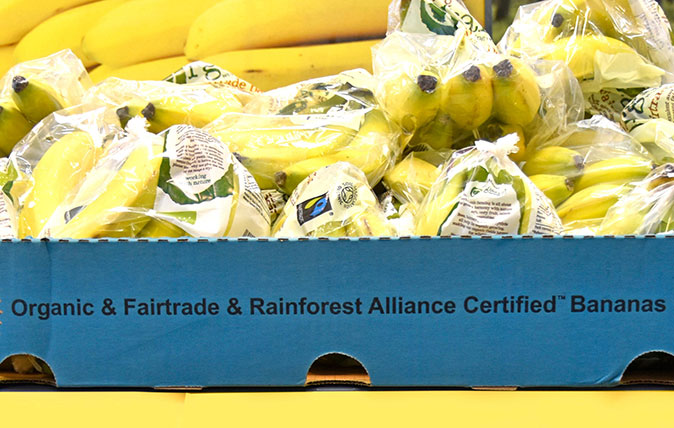
Supermarkets – yes you, Tesco, Sainsbury’s, Marks & Spencer – we need to have a word.
In typical ‘everything will work out wonderfully’ Rosie style, I keep returning to you, only to have my eco-friendly hopes dashed.
Driving back to London last weekend, I sent Amy into an M&S garage in search of an apple (I was too busy sleeping in the back seat). She returned empty handed because they didn’t stock any loose fruit or veg.
On Sunday evening it was Tesco, to stock up on fresh salad for the week. I returned with a grapefruit (surprisingly good for breakfast, sliced in half, brushed with honey and grilled, but not exactly what I needed), an aubergine and some spring onions. The aubergine, as delicious as it was, only made the cut because there were no loose potatoes or sweet potatoes.
Next up was Sainsbury’s. After a lengthy explanation (on my part) and a lot of bemused looks and reluctance (on his part), the member of staff manning the fish counter finally agreed to wrap up four swordfish steaks in brown paper. Paper that was readily available but, for some reason, apparently necessitated several layers of plastic film. I’m happy to report that my swordfish, protected solely by paper, made it back home in fine fettle.
I’d go on about my trip to Co-op but you get the idea – it’s a riveting story concerning a jar of pesto and four cans of tinned peaches.
Supermarkets, are responsible for producing one million tonnes of plastic packaging every year – and that's in the UK alone. Unfortunately plastic production is forecast to double in the next twenty years. Unless we start changing the way we shop and demanding more choice from the shops that we use, this statistic is unlikely to change.
Exquisite houses, the beauty of Nature, and how to get the most from your life, straight to your inbox.
After a mini meltdown on Monday evening – when I returned home with two packets of Graze coconut protein balls packaged in what I thought was paper, only for my flatmate to point out that they were probably lined with some sort of plastic coating – I made the somewhat predictable decision to avoid standard supermarkets. I donated the protein balls, somewhat reluctantly, to the flatmate.
Surely it’s about time that food packaging came properly labelled? In the last nine days I found only one item on the supermarket shelves – a glass jar of Rowse honey – that clearly stated what it was made of. Widely recycled glass and metal by the way.
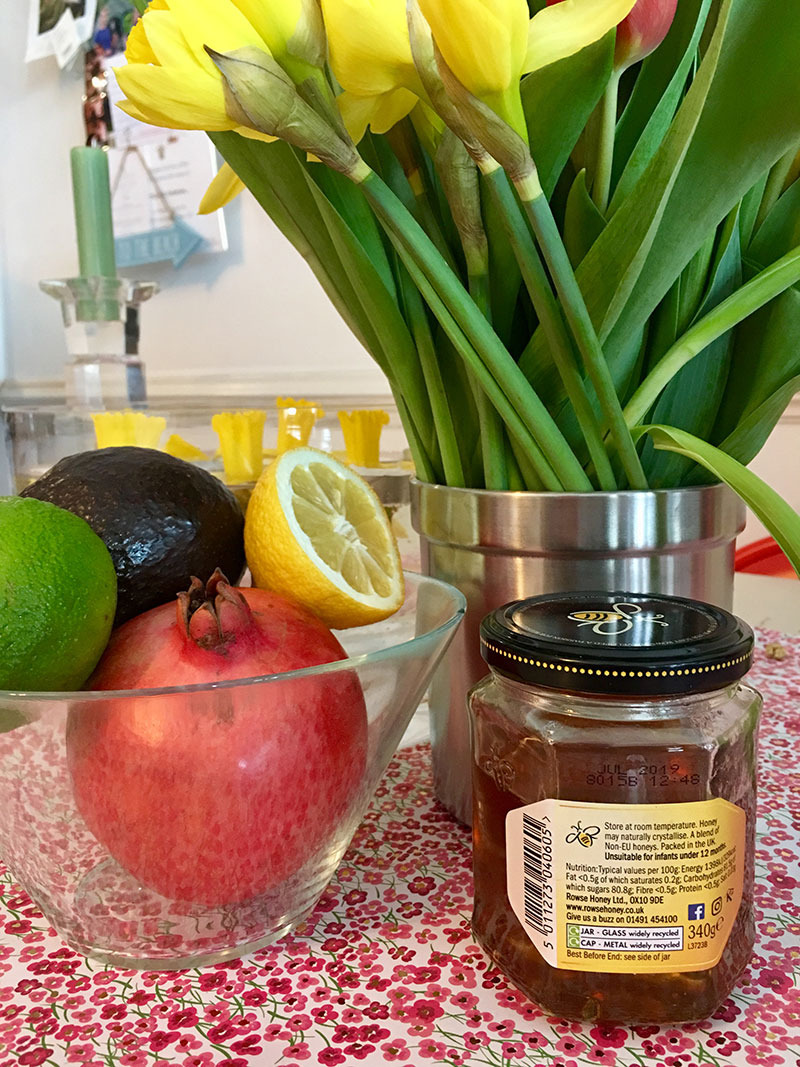
Unless you are willing to lug around a encyclopaedic style spreadsheet of symbols, capable of putting Dan Brown’s Robert Langdon to shame, it’s almost impossible to figure out what your food is actually wrapped in.
Polyethene, for example – the material used to make disposable coffee cups, lids and a plethora of other containers – has a triangular arrow sign and the number six stamped on it. Obviously.
But what is the film that chocolate comes wrapped in made of? Metal or plastic? And what about the coating on the inside of tinned food and cardboard soup bowls? Or the netting used to bunch oranges together?
The phthalate chemicals widely used in packaging, in the UK, are actually banned in some countries. We have long campaigned for clearer ingredients labelling and it’s about time we did the same for this.

Nevertheless, things have been looking a little more rosy (no pun intended) since Monday’s melodrama. I’ve found natural yoghurt and toothpaste, packaged in pretty glass jars, in Wholefoods. I’ve decanted grains and organic nut butters into my own jars from Hetu – a zero waste store – in Clapham. And I’ve made plans with willing victims/friends (they’re limited in numbers, most enjoy screaming every time I touch anything made of plastic) to visit as many farm shops and markets as possible in the next few weeks.
If there’s a silver lining to this challenge it’s that the kitchen no longer resembles a wannabe landfill site – there’s something infinitely more attractive about bowls and baskets of loose, fresh produce, and Kilner jars of dried goods dotting the surfaces. And now I think about it, why do dried foods like pasta need to be in plastic anyway?
You can follow Rosie’s progress every Friday at www.countrylife.co.uk – she’s also on Instagram at @rosielkpaterson
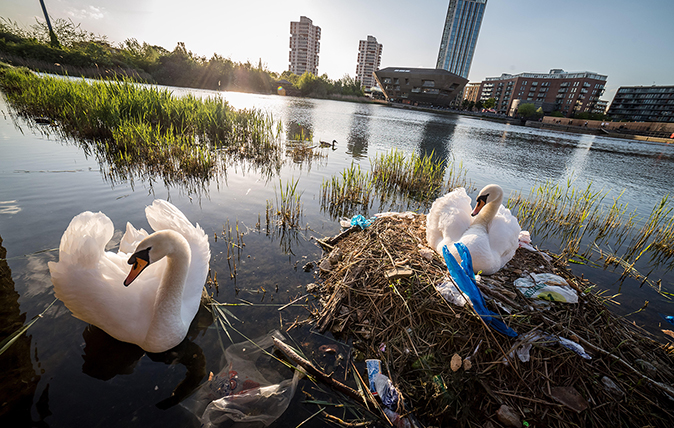
Living without plastic | Part 2: A plan of plastic-free action
Each year, Country Life's Rosie Paterson issues herself a challenge for Lent. This year she's really got her work cut
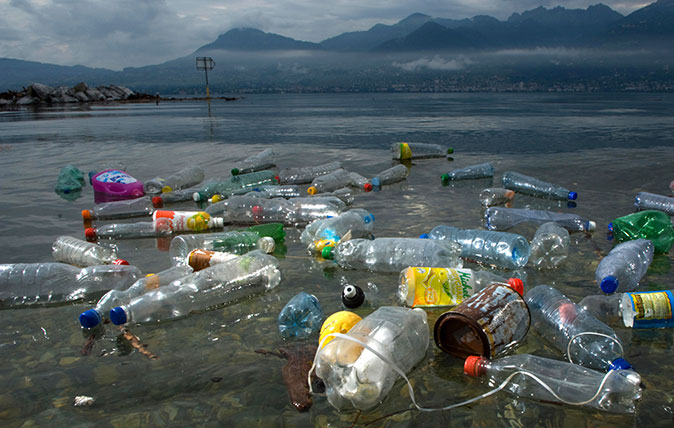
Credit: Alamy
Living without plastic: The start of a 40-day, very 21st century challenge

Credit: Alamy
Jason Goodwin: 'We have books all over the floors and carpets on the furniture'
Our columnist Jason Goodwin talks about jam jars, duvets and the books which are taking over his house.

Credit: Alamy CPB0KX
Jason Goodwin: How to spend 24 hours in London without spending a penny
Our columnist Jason Goodwin headed to London expecting to have to dig deep to keep himself and his wife entertained.
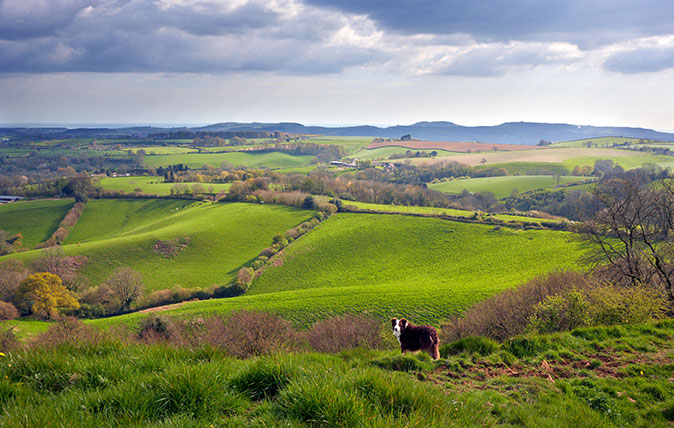
Credit: Alamy
Jason Goodwin: ‘The boys excavated a rusty buckle and I carelessly tossed it over my shoulder – later, we found its identical twin, labelled Roman, in the museum’
Our columnist pays tribute to his late neighbour Dudley Tolley, a farmer who embodied the image of the lovable English
Save
Rosie is Country Life's Digital Content Director & Travel Editor. She joined the team in July 2014 — following a brief stint in the art world. In 2022, she edited the magazine's special Queen's Platinum Jubilee issue and coordinated Country Life's own 125 birthday celebrations. She has also been invited to judge a travel media award and chaired live discussions on the London property market, sustainability and luxury travel trends. Rosie studied Art History at university and, beyond Country Life, has written for Mr & Mrs Smith and The Gentleman's Journal, among others. The rest of the office likes to joke that she splits her time between Claridge’s, Devon and the Maldives.
